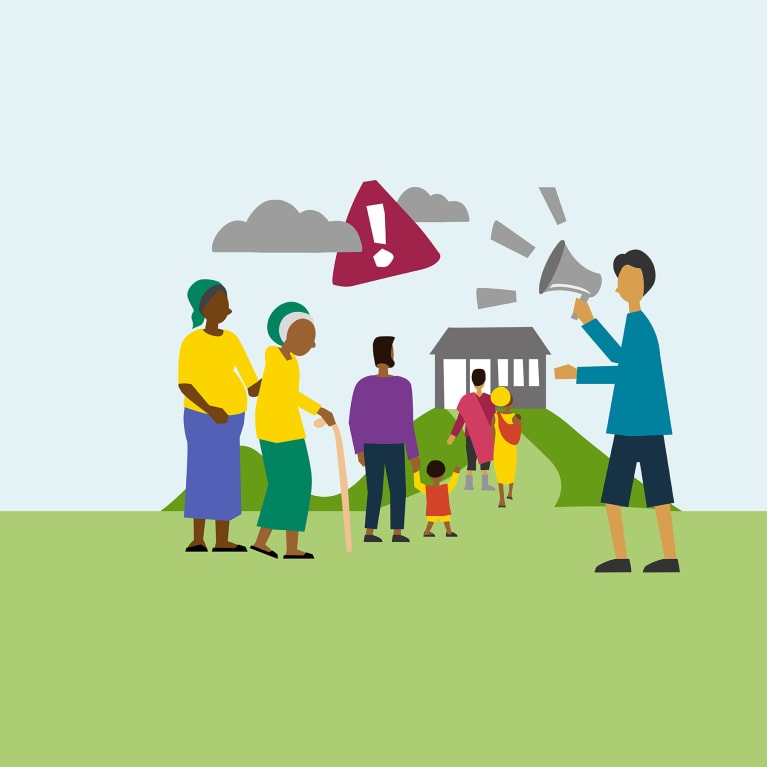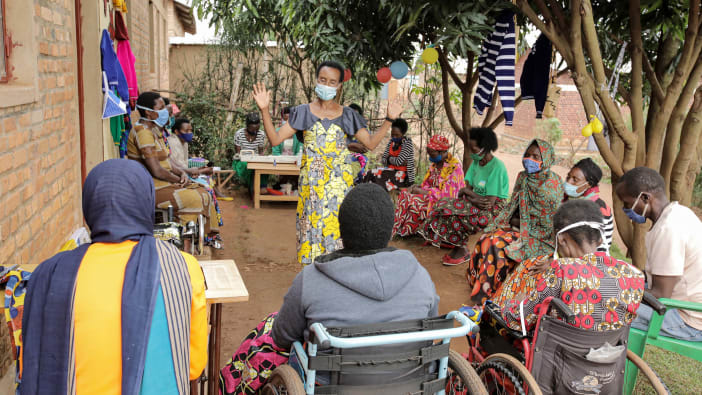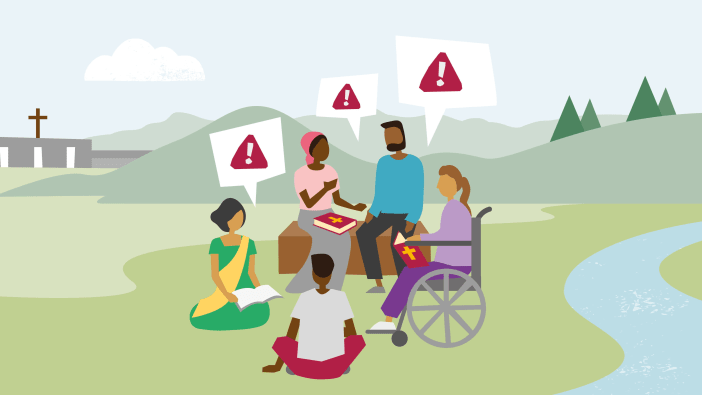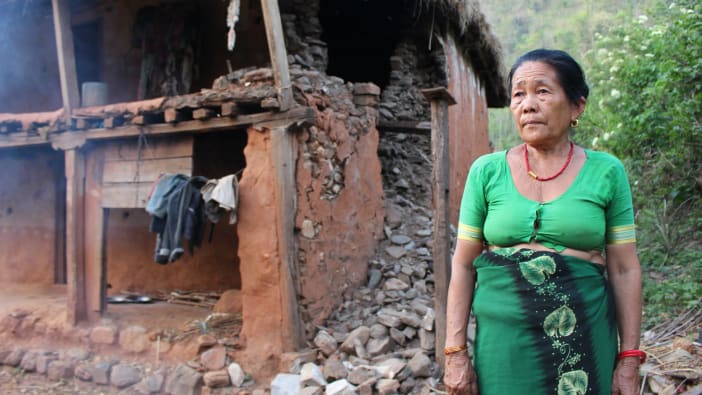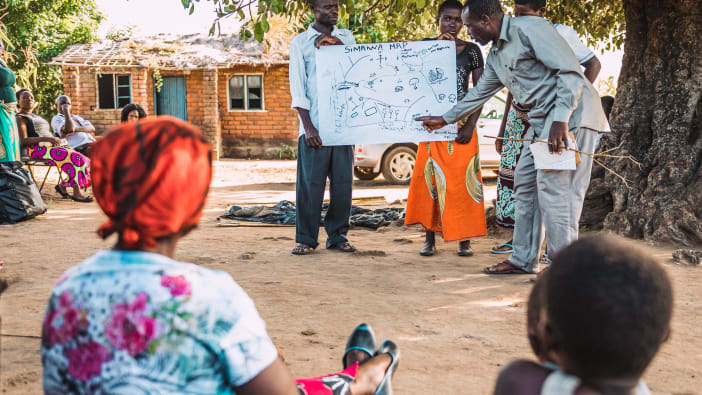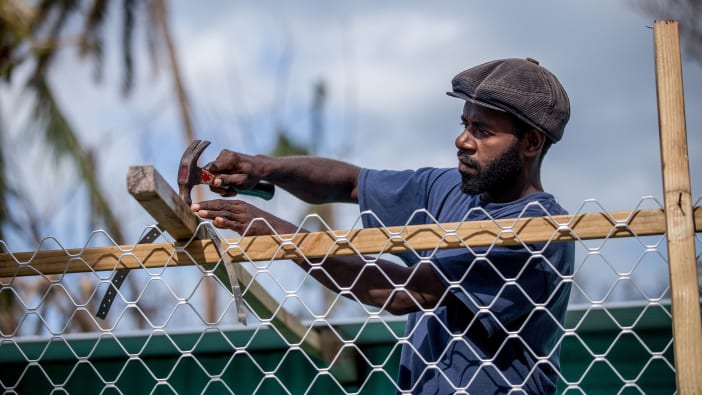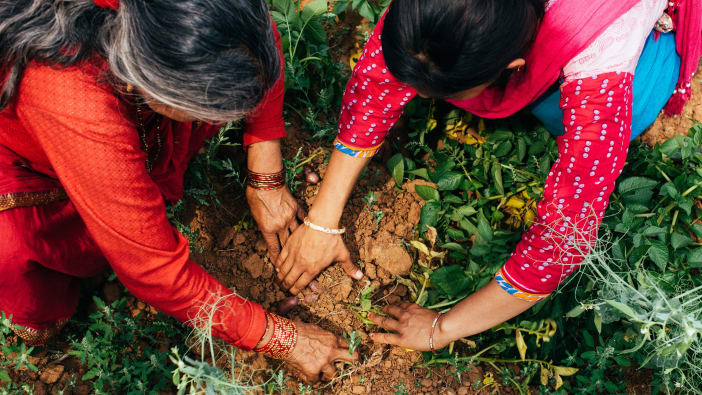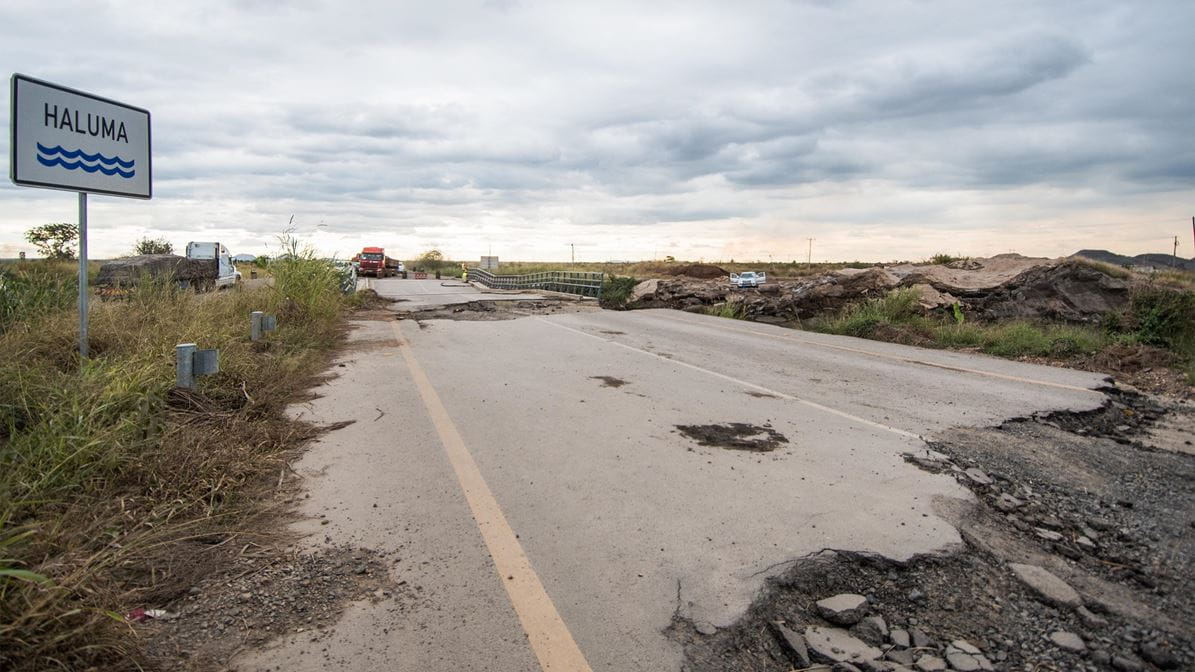At a glance
Our support work for disaster relief is split into four key areas: preparedness, response, recovery and mitigation.
Disasters are one of the leading causes of poverty, and poverty is one of the key factors that leads to disasters having a devastating impact. The majority of communities living in poverty around the world are vulnerable to disasters of one kind or another.
Because of this vulnerability, the approach to supporting people affected by disasters is holistic, and not a simple one-stop solution. It aims to help communities reduce the risk of devastation from hazards and natural disasters by reducing vulnerability. This can include building homes that are earthquake resistant and having a thorough crisis response and risk management process in place. We are committed to a locally-led response. The goal of disaster relief and preparedness work is to see resilient, hope-filled communities equipped to prepare for and respond to the crises they face.
Several resources, including the Reveal Toolkit: Tools to build resilience in churches and communities and Reducing Risk of Disaster in our communities equip organisations to use a participatory approach to disaster risk reduction. They enable communities to assess the factors that contribute to the size and scale of a disaster and to develop locally-owned plans to address those risks.


